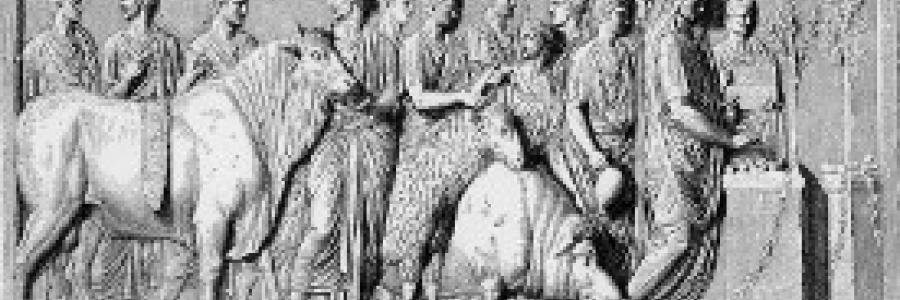Who Are the "Weak in Faith?" (Part 3)
(Read the series so far)
Weakness is How Jesus Exercises Lordship.
Romans 14:4-13—The Servant and His Master
In Romans 14:4 Paul explains why the weak shouldn’t judge the strong: “Who are you to pass judgment on the servant of another? It is before his own master that he stands or falls. And he will be be upheld, for the Lord is able to make him stand”1 (ESV). Only the master may give orders and judge whether his servant is in good standing. By this analogy, the weak and strong are servants of a Master who chooses to give different orders to different servants. Some clean the house; some cook. Therefore, the cook gets orders that apply to him but not to the maid.
The common view of the weak brother implies that there is one correct set of orders about which the weak and strong have different levels of maturity, understanding, and confidence. But this passage says that neither servant can be sure that his brother has the same requirements for good standing as he himself does.




Discussion